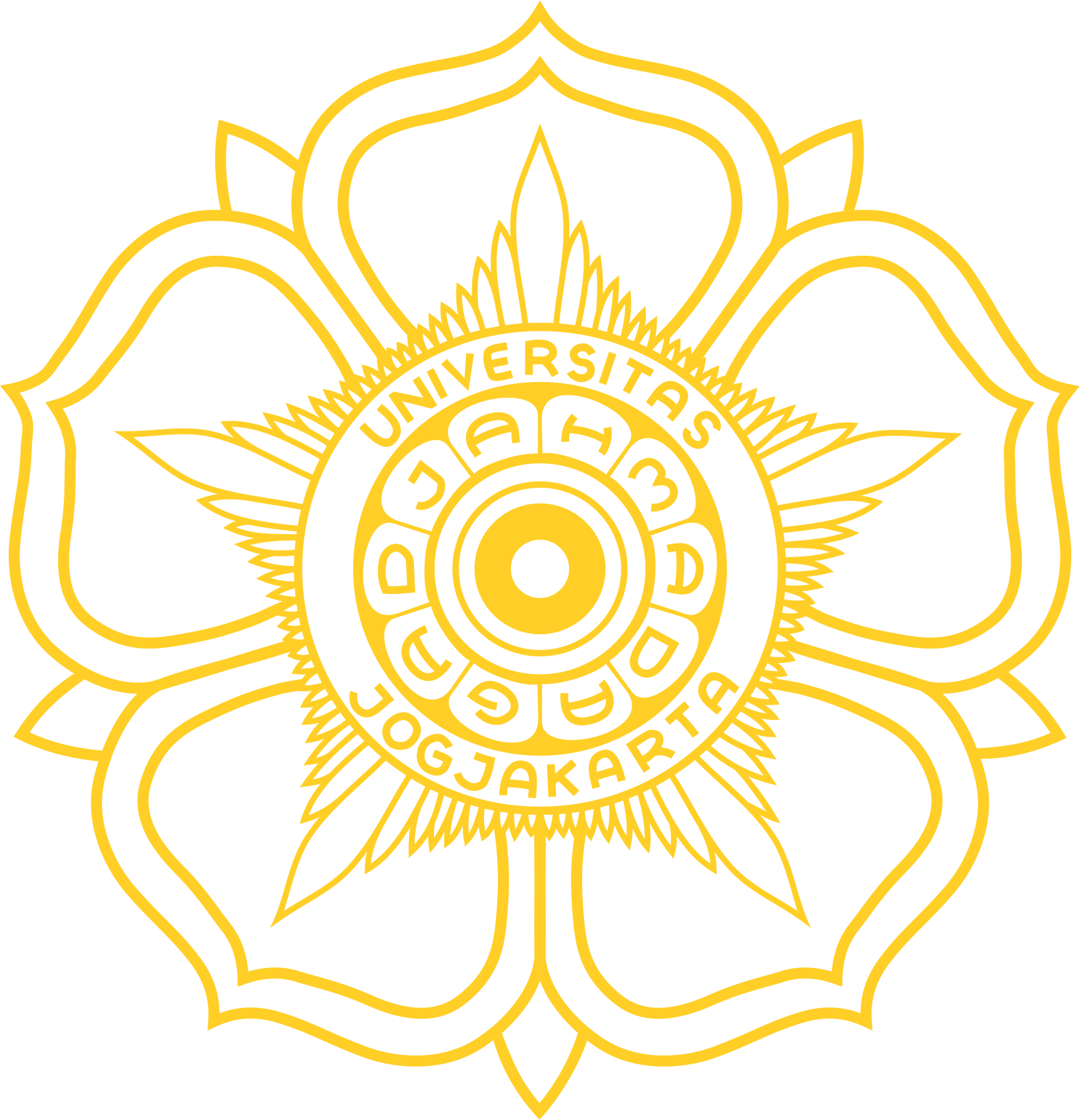
In the era of modern agriculture, where technology and innovation play pivotal roles, pest management must evolve to meet the needs of the younger generation. By leveraging various technologies, such as artificial intelligence and the Internet of Things (IoT), we can enhance Integrated Pest Management (IPM) in Indonesia. Consequently, a more holistic and sustainable approach is essential for the effective implementation of IPM in this contemporary agricultural landscape.
Based on that issue, students of Master in Pest Science and Student Community of Pest Science (SCoPS), the Department of Plant Protection, Faculty of Agriculture UGM in partnership with the Entomology Society of Indonesia (PEI) held the 1st National Seminar of Seminar Ilmu Hama Tanaman Indonesia (SIMATANI) via hybrid on December 2, 2024. This seminar was opened by the head of the Department of Plant Protection, Prof. Tri Joko, S.P., M.Sc., Ph.D., and the head of the Master in Pest Science study program, Dr. Suputa directly in the Ventura room of the Agrotropica Learning Center (AGLC), Faculty of Agriculture, Universitas Gadjah Mada. Following that, the Vice Dean of Research, Community Service, and Cooperation, Prof. Subejo S.P., M.Sc., Ph.D., delivered a speech regarding support for the conduct of SIMATANI.
This year’s theme is “Ilmu Hama dalam Pengelolaan Hama Terpadu: Menghadapi Tantangan dan Peluang di Era Pertanian Modern.”
The conference has two subthemes, Basic Science (entomology, entomopathogens) and Pest Control Technology (biological control, botanical pesticides, chemical pesticides, IoT). Forty-six participants from the 16th university and institution are expected to present papers under these subthemes.
A total of 196 participants attended both virtual and in-person, the seminar which included presentations of panel seminar materials and research findings from selected abstracts. Three distinguished plenary speakers contributed to the event: Prof. Dr. Ir. Dadang, M.Sc. from PEI and IPB University addressed “Contemporary Issues of Pesticides and the Environment: Opportunities and Challenges for Indonesian Agriculture”; Prof. Dr. Kusrini, M.Kom., Director of Graduate Studies at University of AMIKOM Yogyakarta, discussed “The Role of Technological Innovation in Integrated Pest Management to Support the Modern Agricultural Era”; and Prof. Drs. Rosichon Ubaidillah, M.Phil., Ph.D. from the Research Center for Biosystematics and Evolution at BRIN presented on “The Relevance of Biosystematics in Agricultural Pest Management.”
The participants of SIMATANI from 10 provinces of Indonesia, the universities and institutions namely Universitas Gadjah Mada, Brawijaya University, IPB University, Universitas Multimedia Nusantara, UPN “Veteran” East Java, Padjajaran University, Universitas Negeri Yogyakarta, Universitas Sunan Giri Surabaya, Universitas Lampung, Universitas Mataram, Indonesian Palm Oil Technology Institute, Universitas Riau, Sultan Syarif Kasim University of Riau, University of Bengkulu, Nusa Cendana University, and Quarantine of West Nusa Tenggara.
The SIMATANI seminar was concluded with the completion of the breakout room activities. This seminar is part of the Graduate Seminar Courses (PNH20226002 and PNH20246008). SIMATANI is designed to enhance students’ knowledge, expand their networks, and develop their seminar skills, while also fostering collaboration among scientists, students, and professionals in pest science to share research findings and insights on emerging topics in the field. Graduate students are encouraged to further develop their soft skills by organizing national seminars.
Author: Alimah Putri Milania
Editor: Riya Fatma Sari


